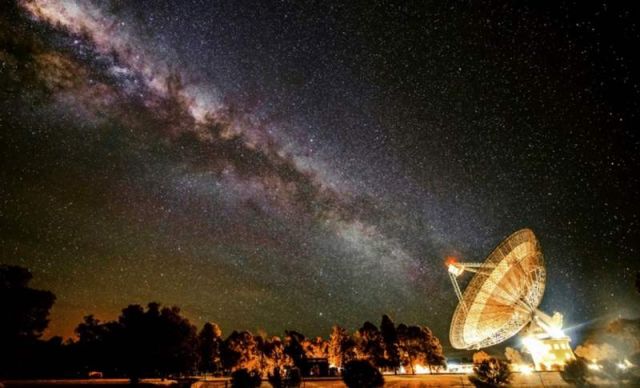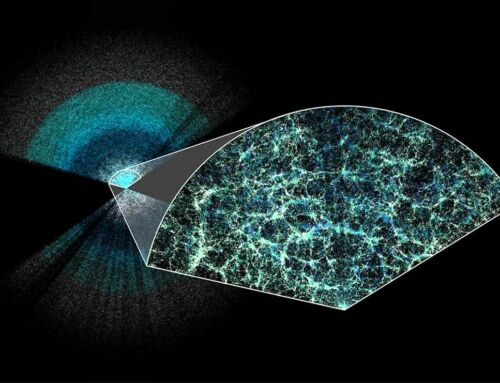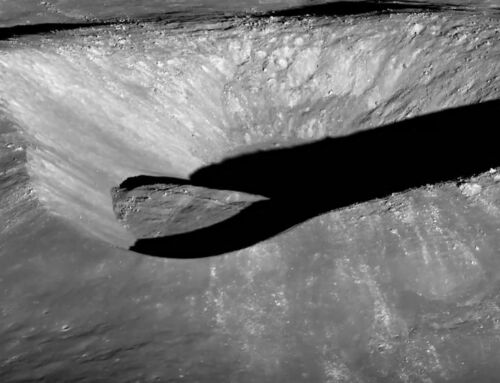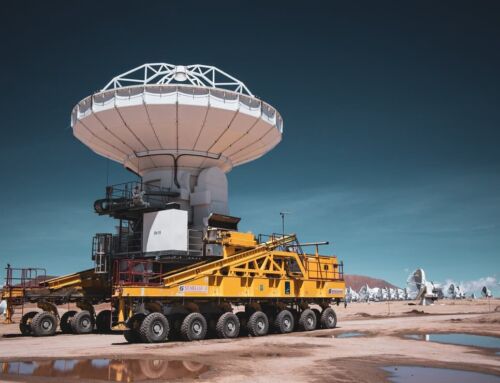A new theory suggests that life on other planets would likely be brief and become extinct very quickly.
Astrobiologists from ANU Research School of Earth Sciences, say that we cannot see the aliens because they are extinct.
Above: CSIRO Parkers radio telescope is in the search for alien civilizations. Credit Wyane England
In their research, the scientists realised that new life would ‘commonly die out due to runaway heating or cooling on their fledgling planets.’
Dr Aditya Chopra, lead author on the paper, which is published in Astrobiology, said:
“The universe is probably filled with habitable planets, so many scientists think it should be teeming with aliens.
Early life is fragile, so we believe it rarely evolves quickly enough to survive.
Most early planetary environments are unstable. To produce a habitable planet, life forms need to regulate greenhouse gases such as water and carbon dioxide to keep surface temperatures stable.”
About four billion years ago Earth, Venus and Mars may have all been habitable. However, a billion years or so after formation, Venus turned into a hothouse and Mars froze into an icebox.
Co-author Associate Professor Charley Lineweaver from the ANU Planetary Science Institute, said:
“Early microbial life on Venus and Mars, if there was any, failed to stabilise the rapidly changing environment.
Life on Earth probably played a leading role in stabilising the planet’s climate.”
Dr Aditya Chopra and Professor Charley Lineweaver







So with so many billions of planets out there, how many would probably contain life?